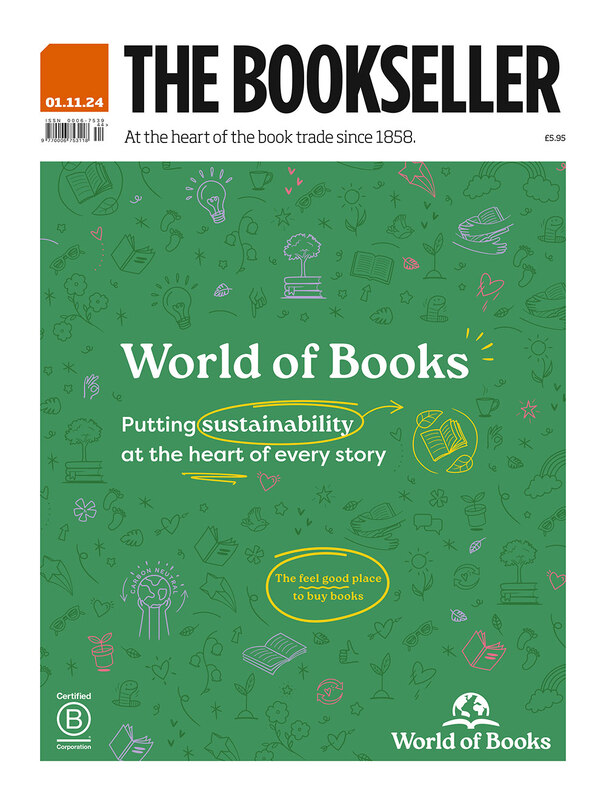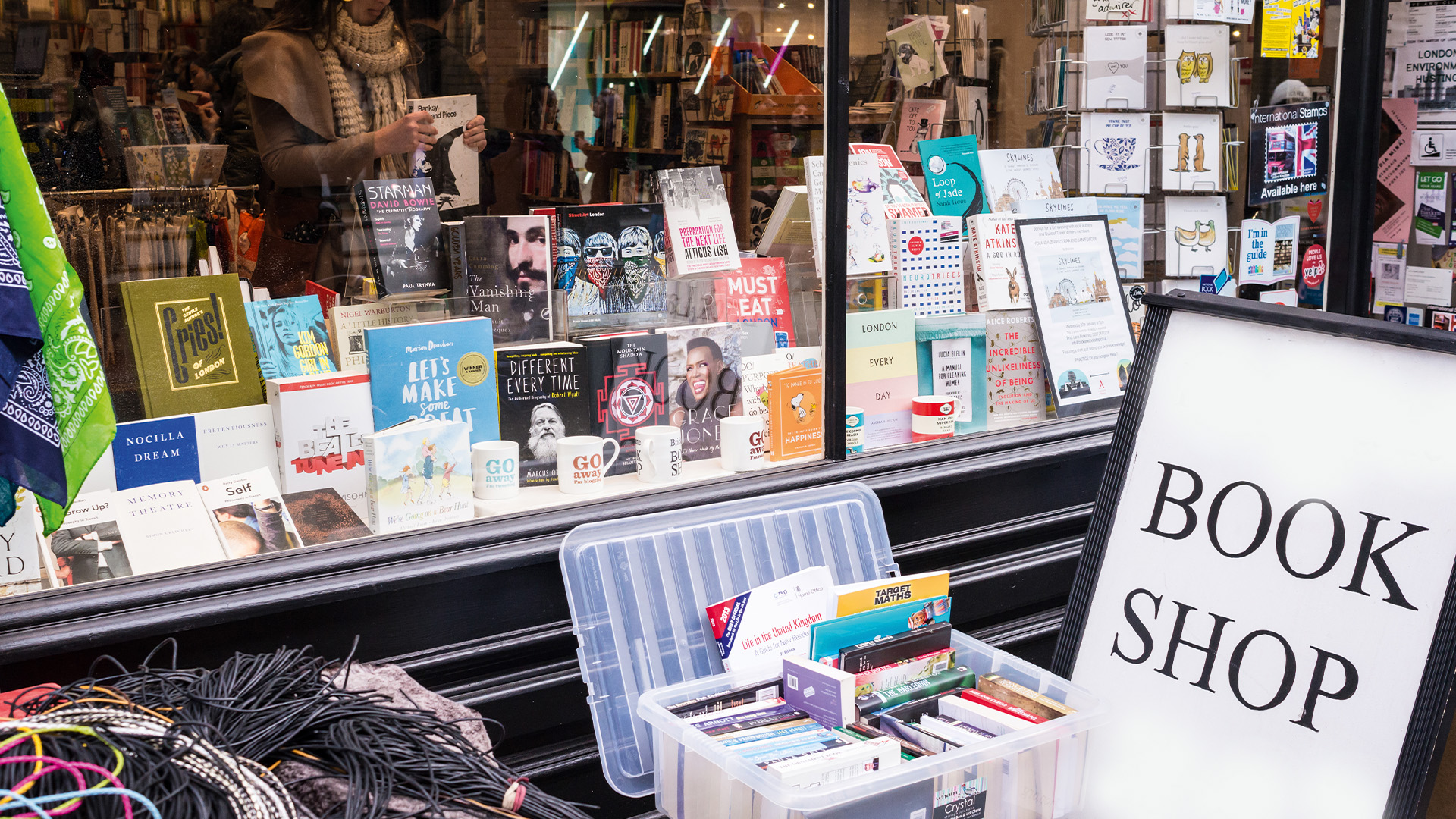You are viewing your 1 free article this month. Login to read more articles.
Indies must be more ambitious online
Independent booksellers are not realising the immense potential offered by e-commerce.
Bookshop.org has recently hit the milestone of generating £3m of profit for independent booksellers in the UK, two and a half years since launch. From our very inception, our goal has been to help independent bookshops be more competitive in the age of e-commerce. We believe that a world where indie bookshops thrive is a better world for everyone, and they can’t truly thrive without significant income from online sales.
Upon hitting this important milestone, we’ve recently set the ambitious goal of increasing online sales for the indies by five times in the next five years. As bold as it may seem, this goal is nowhere near what indie bookshops should aspire to make in terms of online revenue, and here’s why.
As unveiled in a recent survey in partnership with the Booksellers Association, indie bookshops report online sales making up only 7% of their overall revenue while over 50% of UK print book sales are happening online (source: Nielsen BookData 2023).
In addition, the ONS data show that ecommerce continues to make up a growing portion of the overall retail market. With more than half of books sold online, it’s clear that independent booksellers are not realising the immense potential offered by e-commerce.
Independent bookshops have ambitions to grow their online sales, but report lacking the skills and time to fulfil those goals: from the BA survey, 75% of booksellers need more time, 53% a better understanding of how to sell online, 35% more specific training on online sales, 32% additional staff to support with the additional trading.
Overall, the most significant obstacles that indies report to stand in the way of them doing more with their online business are time and knowledge. But online sales don’t need to be time-consuming, and shouldn’t require in-depth IT skills. The bookshop.org model, for instance, doesn’t ask bookshops to become experts in e-commerce and fulfilment. It saves them time and, through our educational programmes, helps them build knowledge. Indies don’t need to know how to code but they should strive to understand all the ways in which they can bring their strengths online — e.g. by using online channels like email and social media to do the thing they do so well in their shops: champion books and authors.
Ultimately, online sales mean extending a shop’s reach, their hours, and their selection, all while getting in front of customers on their devices
According to the survey, one in five bookshops doesn’t have an email newsletter, and only a small portion of those who do have one send it weekly (8%) or fortnightly (13%). In my experience, email alone can drive 15-25% of e-commerce sales. As just one example, if bookshops were to invest more time in sending a regular email newsletter, this would have a clear, incremental benefit for their businesses. Email allows them to reach both local and faraway customers, all of which have the potential to make purchases (in store and online) that contribute to their overall revenue. Ultimately, online sales mean extending a shop’s reach, their hours, and their selection, all while getting in front of customers on their devices (sadly an all-important way to contact potential readers whether they buy in-shop or online).
As resourceful, enterprising and creative as indies often are, they can’t realise these ambitions entirely on their own. Online platforms, industry associations and services like bookshop.org, TikTok, Mailchimp, Google, Edelweiss, and the Booksellers Association can, do and should play a role in upskilling and enabling these small businesses.
But most importantly, the publishing industry play an enormous role in generating interest in titles through reviews, media appearances, social media, advertising and web sites. They decide an awful lot about who gets online sales simply by deciding what link to share. At no cost or incremental effort, the industry could be supporting indies in their ambitions to make the over 50% of the market that is online a key part of their revenue mix by simply adding an indie online purchasing option to everything they do.
For the industry as a whole, more online sales for independent bookshops mean that the indies will have room to grow and invest which, in turn, will result in a huge number of benefits: it will help to create new readers, to champion a wider array of titles, to create a culture and community around reading, and to connect authors with readers in meaningful ways.
In a healthy publishing ecosystem, indies have the right to be ambitious with their online businesses, and the publishing world should make it a fundamental part of their strategy to support indies in their aspiration: the fate of many a title, author and reader lies in these decisions.


















